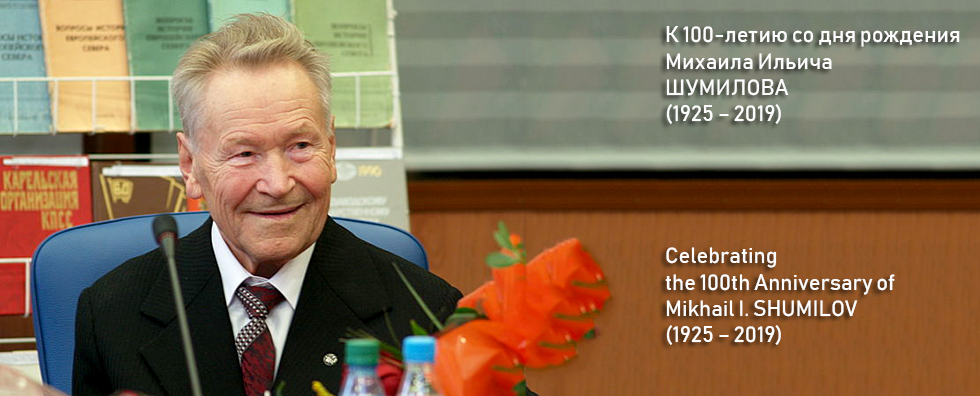References
Alekseev R.A. Problems of formation of Russian democracy and the role of the electoral system, Big Data and blockchain in this process. Journal of Political Research, 2019, Vol. 3, No. 1, pp. 40–52. (In Russ).
Balashov B.M. Big Data and their use in the election campaign. International Journal of Humanities and Natural Sciences, 2017, No. 11, pp. 46–50. (In Russ).
Belokonev S.Yu., Vasil'ev M.S., et al. Digital technologies in modern electoral campaigns: specifics of application. Vlast', 2019, Vol. 27, No. 4, pp. 51–57. DOI: 10.31171/vlast.v27i4.6585. (In Russ).
Golovina A.A. Electronic voting and law transformation in the modern digital epoch. Electoral Legislation and Practice, 2019, No. 2, pp. 20–23. (In Russ).
Gubaidullina E.H. Problems and prospects of legal regulation of use Big Data in the Russian Federation. Issues of Economy and Law, 2021, No. 154, pp. 14–17. DOI: 10.14451/2.154.14. (In Russ).
Gundarin M.V., Oleshko P.A. The use of artificial intelligence in election campaigns. PR and Advertising in a Changing World: Regional Aspect, 2023, No. 28, pp. 57–66. (In Russ).
Zworykina E.V. Prospects of application of blockchain technology for elections in Russia. Citizen. Elections. Authority, 2018, No. 4, pp. 179–183. (In Russ).
Kotikova D.V. To the problem of the legal regulation of the remote electronic voting. Citizen. Elections. Authority, 2020, No. 2(16), pp. 174–184. (In Russ).
Matrenina K.Yu. The principle of secret ballot under conditions of modern information technologies. Bulletin of Tyumen State University, 2014, No. 3, pp. 206–209. (In Russ).
Mitin G.N. Prospects for the impact of digital technologies on the principles of electoral law. Electoral Legislation and Practice, 2017, No. 4, pp. 37–39. (In Russ).
Mukhametov D.R. Big data technologies in political processes: risks and opportunities. Humanities and Social Sciences. Bulletin of the Financial University, 2019, Vol. 9, No. 6(42), pp. 143–149. DOI: 10.26794/2226-7867-2019-9-6-143-149. (In Russ).
Orlova M.Yu. Revisiting the issue of the electoral process digitalization. Scientific Notes of NSUEM, 2022, No. 4, pp. 17–19. (In Russ).
Petrunin Yu.Yu., Siluyanova Yu.A., et al. Big Data and neural network technologies in the study of electoral behavior. Neurocomputers, 2019, Vol. 21, No. 4, pp. 45–57. DOI: 10.18127/j19998554-201904-08. (In Russ).
Ponomarev A.Ya., Pupyshev A.V. Forecasting electoral process. Teoriya i praktika servisa: ehkonomika, sotsial’naya sfera, tekhnologii, 2012, No. 3(13), pp. 48–55. (In Russ).
Prokhorov E.T., Smirnov Yu.A. Impact of Big Data on elections: opportunities and limitations. Young Scientist, 2021, No. 36(378), pp. 138–139. (In Russ).
Pugachev R.V. 2019 Moscow elections in the context of politics and technology. Elections: Theory and Practice, 2019, No. 3(51), pp. 10–17. (In Russ).
Salitskaya E.A. Legal regulation of innovative activity: experience of Russian regions. Science. Innovations. Education, 2015, Vol. 10, No. 2, pp. 111–137. (In Russ).
Tikhomirov Yu.A., Kashanin A.V., et al. Interpretation and application of Big Data in jurisprudence and legal practice. Moscow, Yustitsinform, 2021, 188 p. (In Russ).
Fedorchenko S.N. Big Data in the New Zealand political process. Observer, 2018, No. 6(341), pp. 66–82. (In Russ).
Gadzhieva A.O. Electronic voting technologies in elections: Russian and foreign experience. RUDN Journal of Law, 2023, Vol. 27, No. 3, pp. 649–669. DOI: 10.22363/2313-2337-2023-27-3-649-669.
Mavragani A., Gkillas K., et al. Predictability analysis of the Pound’s Brexit exchange rates based on Google Trends data. Journal of Big Data, 2020, Vol. 7, No. 79, pp. 1–19. DOI: 10.1186/s40537-020-00337-2.
Pierrick G., Golovnev A. Breaking the encryption scheme of the Moscow internet voting system. Financial Cryptography and Data Security: 24th International Conference, FC 2020, Kota Kinabalu, Malaysia, February 10-14, 2020, pp. 32–49. DOI: 10.1007/978-3-030-51280-4_3.
Trikanova S.A., Kuleshova N.N. Actual directions of the development of Russian Federation electoral law in the context of the introduction of digital technologies into the electoral process. Elections: Theory and Practice, 2018, No. 3(47), pp. 30–33. (In Russ).
Visvizi A., Troisi O., et al. Big data and decision-making: how Big Data is relevant across fields and domains. In Visvizi A., Troisi O., et al., eds. Big Data and decision-making: Applications and uses in the public and private sector. Leeds, Emerald Publishing Limited, 2023, pp. 1–11. DOI: 10.1108/978-1-80382-551-920231001.




